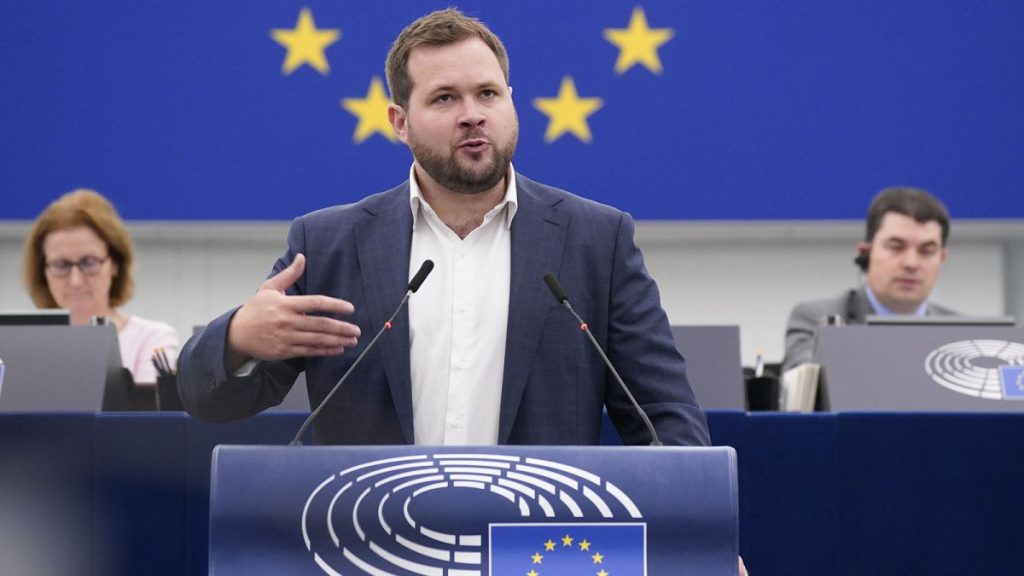The European Broadcasting Union (EBU) is facing criticism after being accused by two political parties, the far-right Identity and Democracy (ID) party and the regionalist European Free Alliance (EFA), of excluding them from its Eurovision election debate. The ID party claimed they were denied participation because they did not have an official lead candidate for the European elections, which goes against the Spitzenkandidat process. Despite this, other parties with multiple lead candidates have been invited to the debate. The EBU defended its decision, stating that only parties with a designated lead candidate were eligible for the debate, leading to calls for the decision to be reconsidered by the aggrieved parties.
The ID group has requested European Parliament President Roberta Metsola to intervene and request the EBU to reverse its decision and allow MEP Anders Vistisen from the Danish People’s Party to participate on their behalf. The EBU debate is part of a series of electoral debates leading up to June’s election and has already excluded parties like the ID group and the EFA, which has raised concerns about the fairness and inclusivity of the process. The EFA, which represents regionalist and separatist parties, also claimed that it was intentionally excluded from the debate, despite having nominated two lead candidates for the upcoming elections.
The EFA stated that they had followed the EBU’s communication process for lead candidates but were only informed on April 30, 2024, that they could only have one candidate participate in the debate, which they saw as a lack of transparency and communication. The EBU defended its decision, stating that it had followed its rules and communicated them to all parties in advance. Both the ID group and the EFA are urging the EBU to reconsider its decision and allow them to participate in the debate, emphasizing the need for democracy and inclusivity in European politics.
The controversy surrounding the exclusion of the ID party and the EFA from the Eurovision election debate comes on the heels of the European Commission’s criticism of the EBU’s ban on EU flags at the Eurovision Song Contest in Malmö, Sweden. Commission Vice-President Margaritis Schinas raised concerns about the ban and requested clarity on the reasoning behind it, citing “heightened geopolitical tensions” surrounding the contest. The EBU defended its decision, citing concerns over protests against Israel’s participation due to the ongoing conflict in the Gaza Strip, further entangling the organization in controversial decisions and actions.
The EBU’s handling of the exclusion of certain political parties from the Eurovision election debate has raised questions about the fairness and transparency of the process. Both the ID group and the EFA have criticized the EBU for its decision and called for a reconsideration to ensure all voices are heard in the debate. The controversy comes amid other contentious decisions by the EBU, including the ban on EU flags at the Eurovision Song Contest, highlighting a growing scrutiny of the organization’s actions and decisions in the political and cultural spheres. The parties involved continue to advocate for their inclusion in the debate, emphasizing the importance of democracy and inclusivity in European politics.













